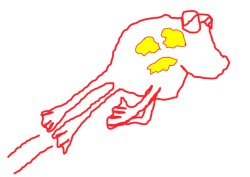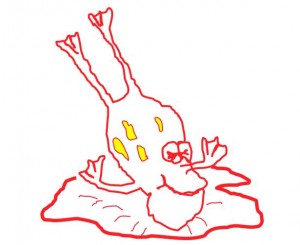Five Steps toward a Trusting Relationship
1. SHOW UP
Show up to meet face-to-face.
Showing up is over half-way there.
Walk the talk. In the sea of life, you can’t swim if you don’t get in the water.
2. STAND UP
Stand up to be noticed, to become visible.
Don’t shuffle in, don’t burst in…just show up, ready for some action.
Let yourself be looked at.
It’s true that someone said: “anyone who stands up makes a good target.”
But don’t let it stop you.
Try not to hide, to be sneaky, to be indirect, to appear so cautious that others think you don’t have anything to say.
3. SPEAK UP
In your own voice, not someone else’s.
Speak from your heart, trust yourself. Right or wrong, it doesn’t matter.
Be true to your own viewpoint, your own experience.
Give voice to what you observe, what you think, what you feel, what you want.
Don’t shout, don’t intimidate, don’t threaten, don’t measure what you say by what you think others want you to say.
4. LISTEN UP
Listen to the Other Person’s voice.
Try not to be defensive, try not to discount the other’s viewpoint.
Discover another viewpoint, just as valid, just as solid as your own.
Let yourself feel. Bite your tongue but not your heart.
If you feel pained, consider that you are considered trusting enough to be spoken to directly, honestly. Consider that your listening brings out the Other’s voice.
5. SIT DOWN
Sit down to slow down.
Because a world will open unto you as you are trusted to listen up,
And as you trust yourself to really speak up.
Discover the wisdom of a relational perspective:
All real living is meeting. (Connecting is what life is all about)
A bird needs two wings to fly. (trust is a two-way street)
 “
“

